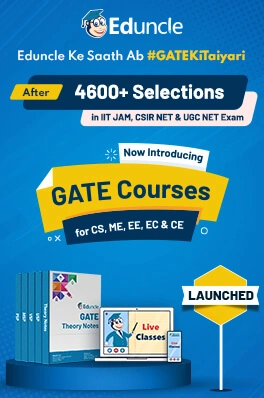Time management is very much important in IIT JAM. The eduncle test series for IIT JAM Mathematical Statistics helped me a lot in this portion. I am very thankful to the test series I bought from eduncle.
Nilanjan Bhowmick AIR 3, CSIR NET (Earth Science)- UGC NET
- Commerce
Cancun agreement
sur please explain cancun agreement and bali agreement in detail with exam point of view.
- 0 Likes
- 3 Comments
- 0 Shares
Do You Want Better RANK in Your Exam?
Start Your Preparations with Eduncle’s FREE Study Material
- Updated Syllabus, Paper Pattern & Full Exam Details
- Sample Theory of Most Important Topic
- Model Test Paper with Detailed Solutions
- Last 5 Years Question Papers & Answers
Sign Up to Download FREE Study Material Worth Rs. 500/-




















Durgesh rawat
The Bali Agreement: Implications for Development and the WTO At the most recent World Trade Organisation (WTO) ministerial conference, in December 2013, in Bali, Indonesia, ministers from 160 countries concluded the first multilateral agreement ever negotiated under the auspices of the WTO. After five years of impasse in the moribund Doha Round of trade negotiations, the so-called “Bali package” was enthusiastically welcomed by the world’s governments and international press alike as a critical step towards restoring the credibility of the WTO as a negotiating forum. The centrepiece of the package is without doubt a new agreement on trade facilitation aimed at reducing red tape, and facilitating customs procedures in an effort to cut down the cost of doing business. Other — less far reaching — aspects of the deal focused on food security and a set of issues of particular interest to least developed countries including trade preferences or cotton subsidies. As the dust from the heated Bali negotiations settles, the main challenge for the WTO will now consist in building on this success to re-energise multilateral negotiations and ultimately close the Doha Round. In a world increasingly dominated by regional and bilateral free-trade agreements, members will have to confront the core issues that have divided them for nearly 15 years and find creative solutions to rehabilitate the WTO’s centrality in global trade governance.